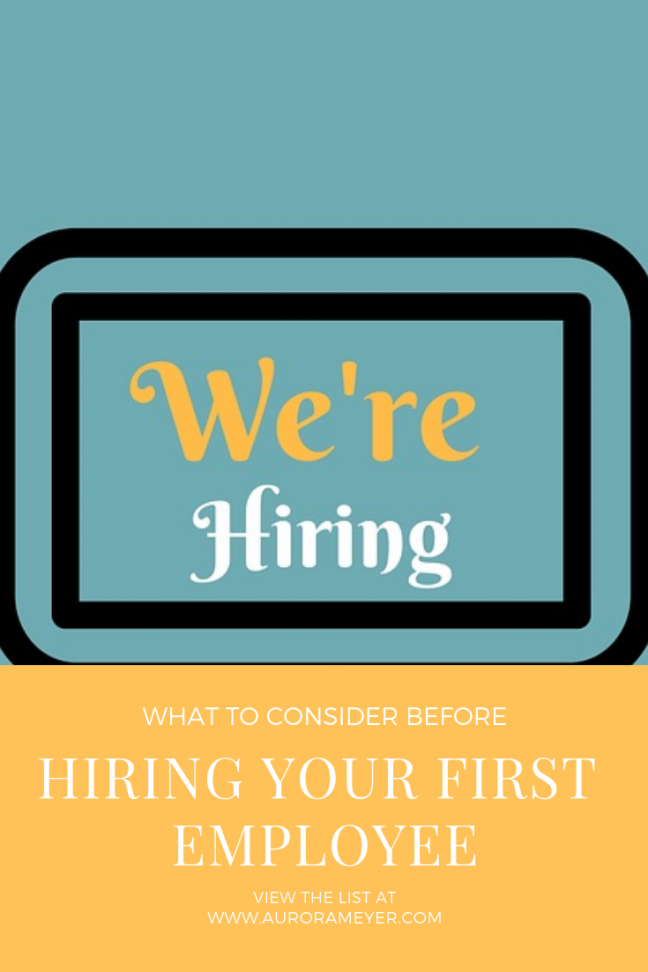Editor’s Note: Here at Dispatches, we are always looking for ways to help our readers do things. For some of our readers, that means helping navigate the working world, for others, it means assisting in the ever challenging question, “what’s for dinner?” For still others, it means figuring out how to balance family life with everything else. In an effort to aid in all of these endeavors, we have collaborated on this article written specifically for our readers.
Productivity is a key concern for any business owner but a lot of them get it wrong. There are many different things that can affect the productivity of your company, some more obvious than others. Most people know that it’s important to treat your staff well, pay them properly and give them good benefits if you want them to work hard. But that’s only the start and there are plenty of other things that could be harming efficiency in your business. These are the things that you didn’t realize were harming productivity in your business.
Outdated Manufacturing Technology
All businesses know that technology is an important part of their company but they usually just focus on
Badly Maintained IT Systems
IT systems are a great tool for improving efficiency. They allow you to share data quickly and easily and you can automate large parts of the company which makes things a lot easier and also saves you money on staff costs. But IT systems are only good if you set them up and maintain them properly. If they’re poorly maintained, they’re going to do more harm than good. Constant crashes and error messages are just going to slow down all of your employees. If your computer systems are outdated and annoying to use, you should get an IT consultant to come in and have a look for you. Click here to find out more information. A good consultant will help you to identify all of the issues and redesign your IT systems so they’re actually helping to improve your company, rather than just slowing everything down.
Workplace Ergonomics
This is something that you probably haven’t considered before but it has a big impact. For example, if one of your employees is sitting on a chair that’s 10 years old and falling apart so they’ve constantly got a bad back, they’re not going to be able to concentrate as well. Or maybe they’re suffering from repetitive strain injury in the hands because they don’t have good keyboards. All of this stuff can have a big impact on their ability to work and make your company far less efficient. You’ve also got to think about things like the office layout because if 2 departments that work closely together are situated at opposite ends of the building, how much time are people wasting walking around the office.
It’s not just the obvious things that impact productivity in your company, these unexpected factors can seriously damage your company.





